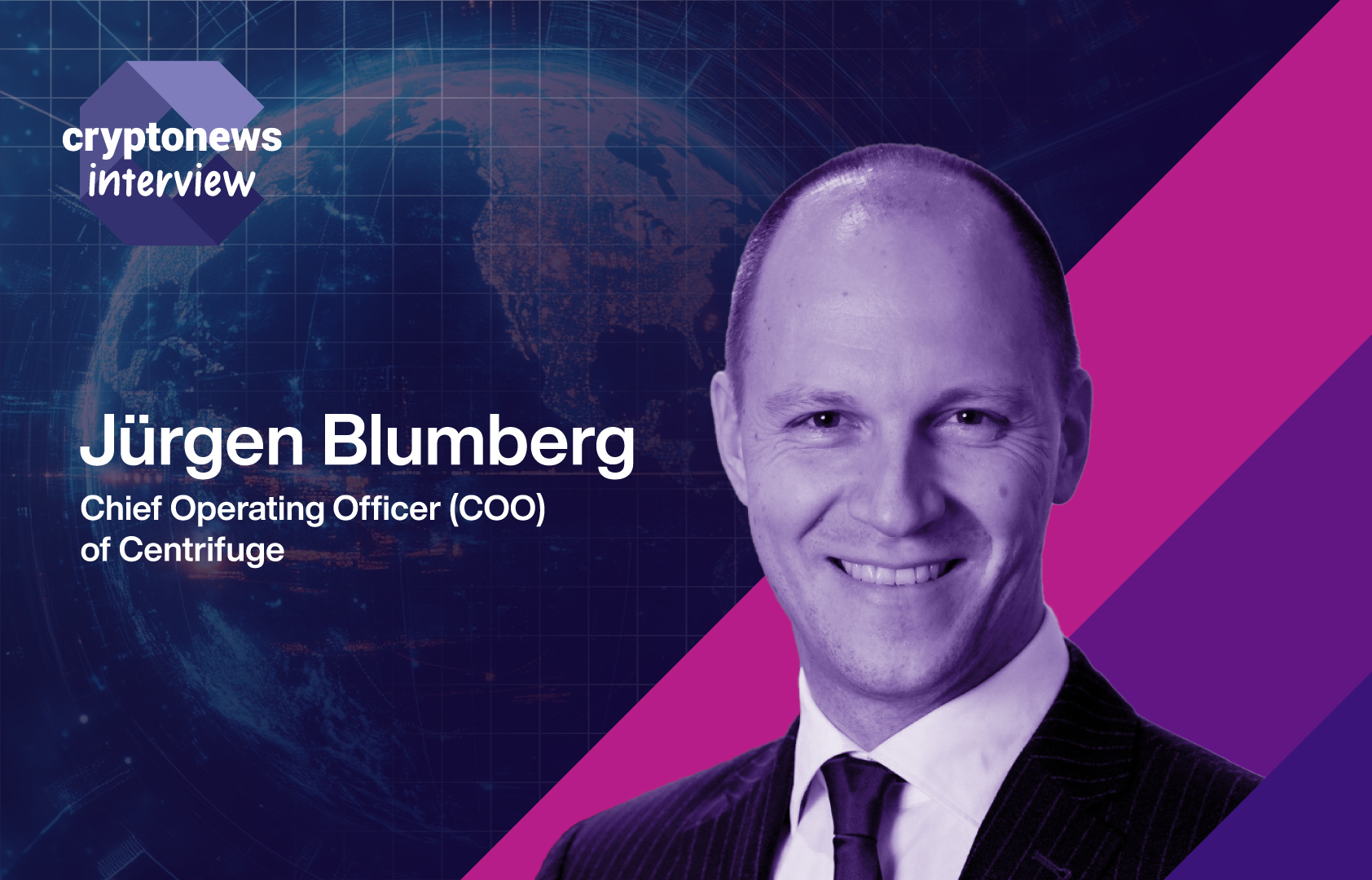How Solana validators game the chain to earn more rewards: report
Validators don’t always play by the rules the blockchain sets, a new report finds.
- Solana validators are incentivized to game the blockchain for better rewards.
- By slowing down block reward production, validators can get up to 3% better rewards.
- In the end, this timing game may hurt ordinary users on the network.
Solana (SOL) has long had a problem with malicious validators. On Wednesday, August 13, the Chorus One research team published a report, detailing how validators can game the blockchain to extract aditional rewards.
The report shows that validators can slightly delay block production to pack more transactions into their assigned slots. Since validators earn rewards from transaction fees, this tactic allows them to collect more fees per unit of compute.
By combining timing games with compute optimization, validators can boost rewards by as much as 3%. While that figure may seem small, most validator costs are fixed, meaning the additional rewards translate directly into higher profit margins.
MEV games can hurt Solana users
The concern with timing games is that slowing block production impacts inflation mechanics, reducing the rewards that SOL stakers receive while boosting earnings for the validators engaging in the practice.
The benefits also skew toward large validators with sophisticated hardware and significant staked holdings, leaving smaller operators at a disadvantage and contributing to network centralization.
To address the issue, Chorus One recommends that Solana update or replace its primary validator client, Agave. Firedancer, a competing client, offers comparable efficiency without introducing slot delays, effectively eliminating the timing advantage.
You May Also Like

Centrifuge COO Jürgen Blumberg: “DeFi Is Having Its ETF Moment”

Coinbase partners with Squads to accelerate USDC adoption on Solana
